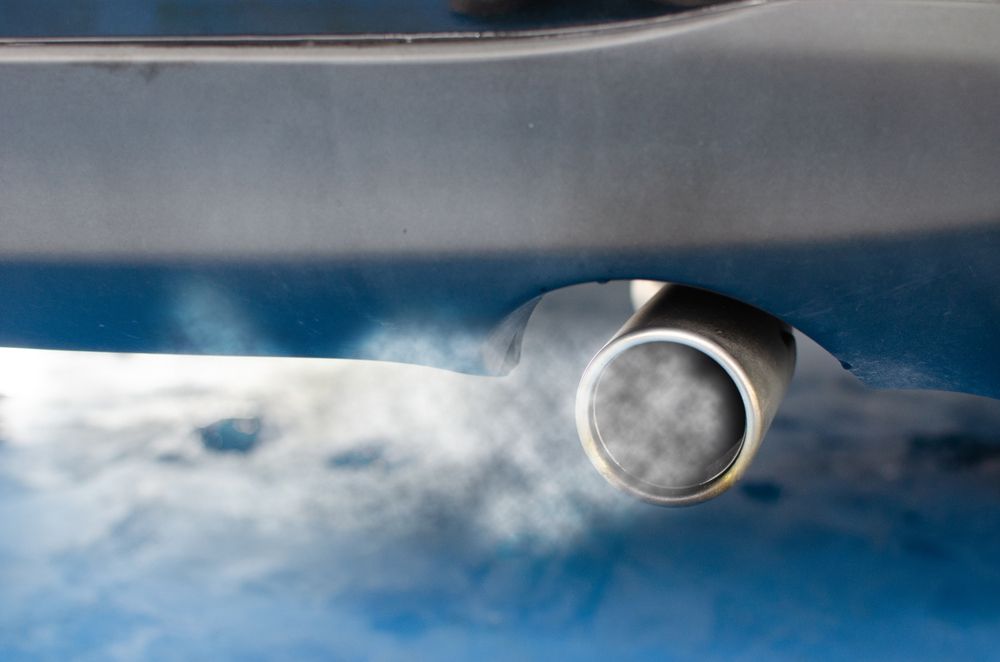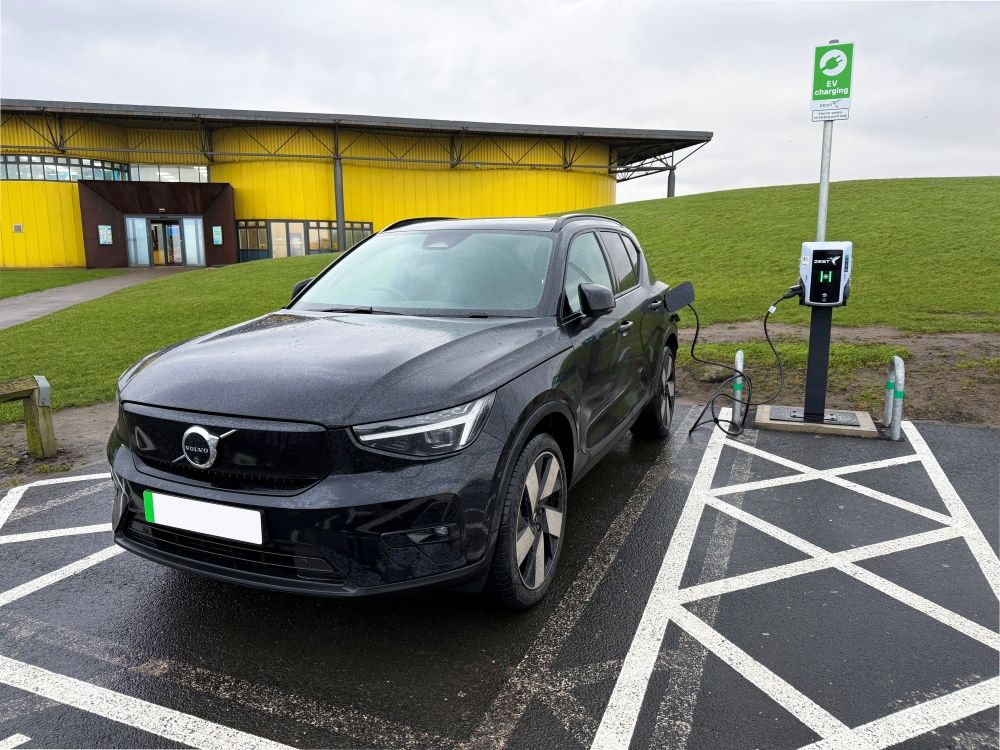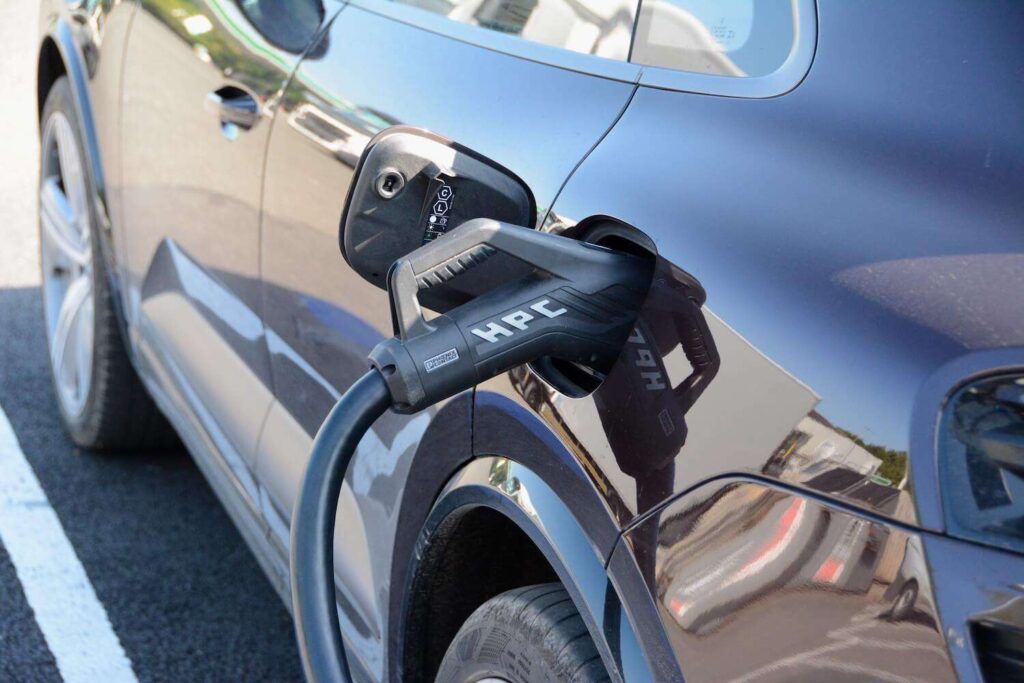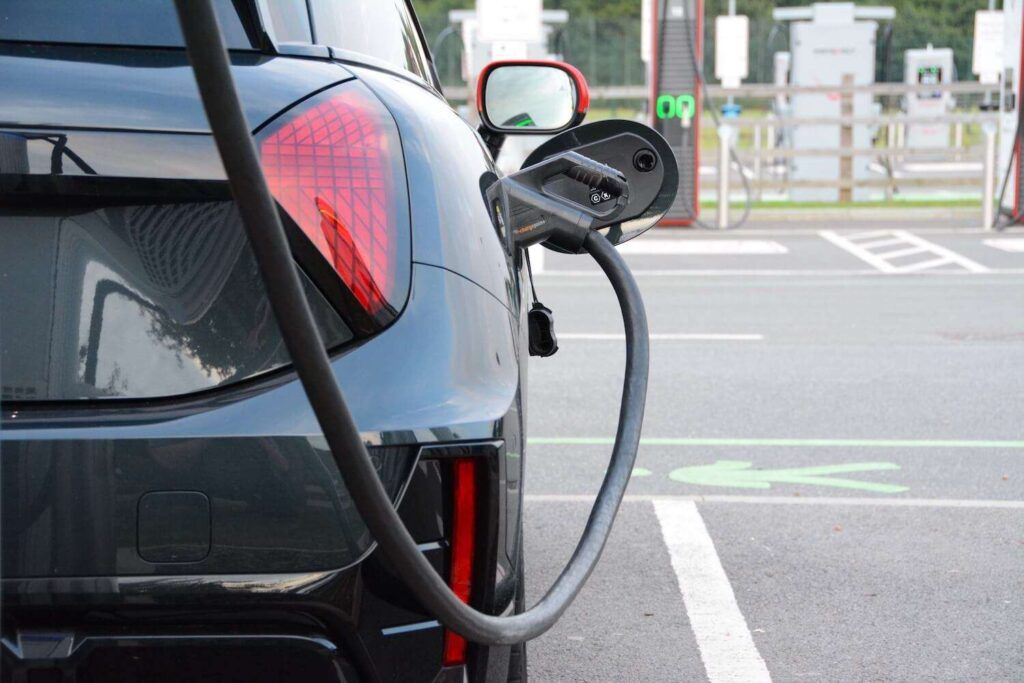A new study has revealed high-blend renewable fuels (HBRF) could speed up the rate of decarbonisation of road transport.
The report, by Zemo Partnership (formerly LowCVP), claims greenhouse gas savings can be realised through an “aggressive policy framework” for HBRF in heavy duty vehicles that currently are powered by diesel or LNG.
A key recommendation of the report is for a robust and transparent Assurance Scheme to provide operators with confidence in the credentials of the renewable fuels they purchase. As a result, Zemo Partnership has developed a new Renewable Fuels Assurance Scheme and declaration certificate in parallel with the report – and will be the launching the scheme soon.
Renewable fuels – which can demonstrate over 80% well-to-wheel reductions in GHG emissions – could help ensure that the UK meets the Fourth Carbon Budget (2023-27), Zemo Partnership said.
The new Zemo Partnership HBRF study shows there are very significant opportunities for sustainable, renewable fuel adoption by heavy duty vehicles and, in particular, trucks and coaches which are currently responsible for around 5% of the UK’s total GHG emissions.
The study showed that with a market average of 30% HBRF, used in place of fossil fuels (diesel and natural gas) by 2030, the sector could save an additional 46m tonnes in GHG emissions over the next decade, with savings continuing to 2050. The biggest opportunities are in the heaviest vehicles with the longest journey profiles, which also produce the most GHG emissions.
The report covers renewable fuels including biodiesel, hydrotreated vegetable oil and biomethane, identifying the barriers to adoption and the GHG-saving opportunities available from HBRF to support different rates of electrification in these fleets.
High blend biodiesel has already been developed for the bus market and biomethane and HVO adoption in HGV fleets have also grown, driven partly by requirements for carbon reporting and GHG emissions improvements.
Stakeholders contributing to the report identified several key policy interventions:
- reforming fuel duty based on the carbon and energy content of fuels
- increasing the 2032 Renewable Transport Fuel Obligation (RTFO) target
- raising awareness of the GHG emissions savings
- sustainability performance of renewable fuels.
Zemo Partnership’s head of sustainability, Gloria Esposito, said: “We’re now on a trajectory for net zero emissions transport by 2050, but our impact on the climate is what matters and action in this area can accelerate GHG emissions cuts over the next 30 years.
“If we can decarbonise the fuels we’ll be using until we can achieve full electrification across the vehicle fleet, we can minimise the impact of emissions from road transport on our way to zero.”
- Visit this link to download the HBRF report.












